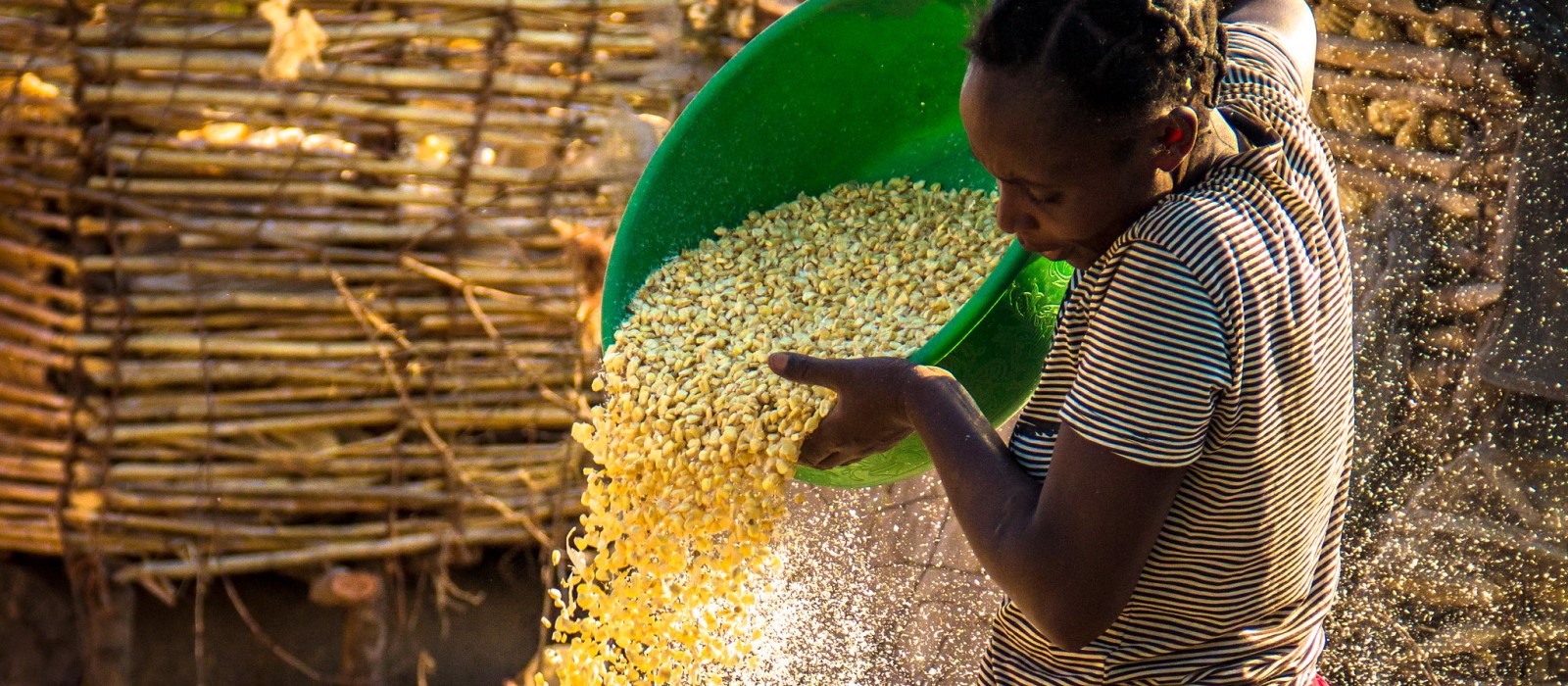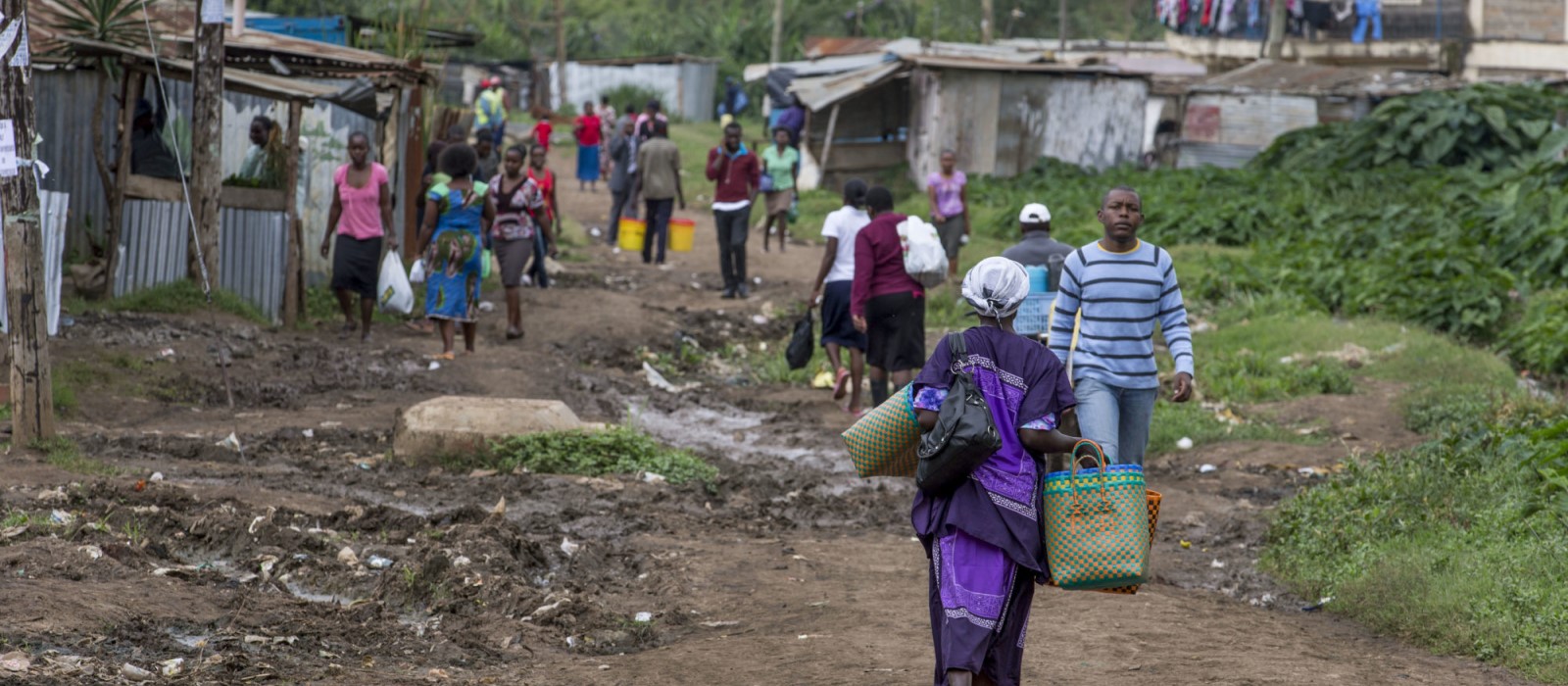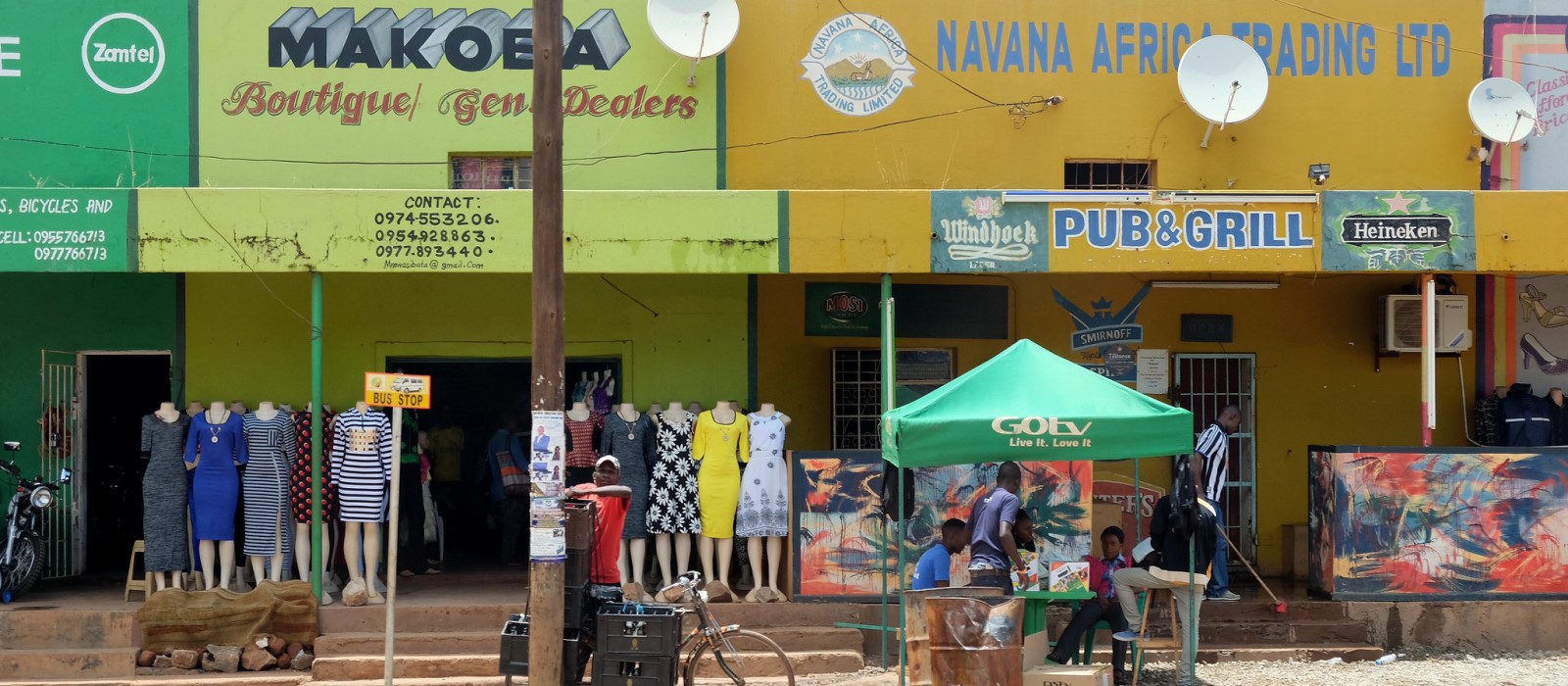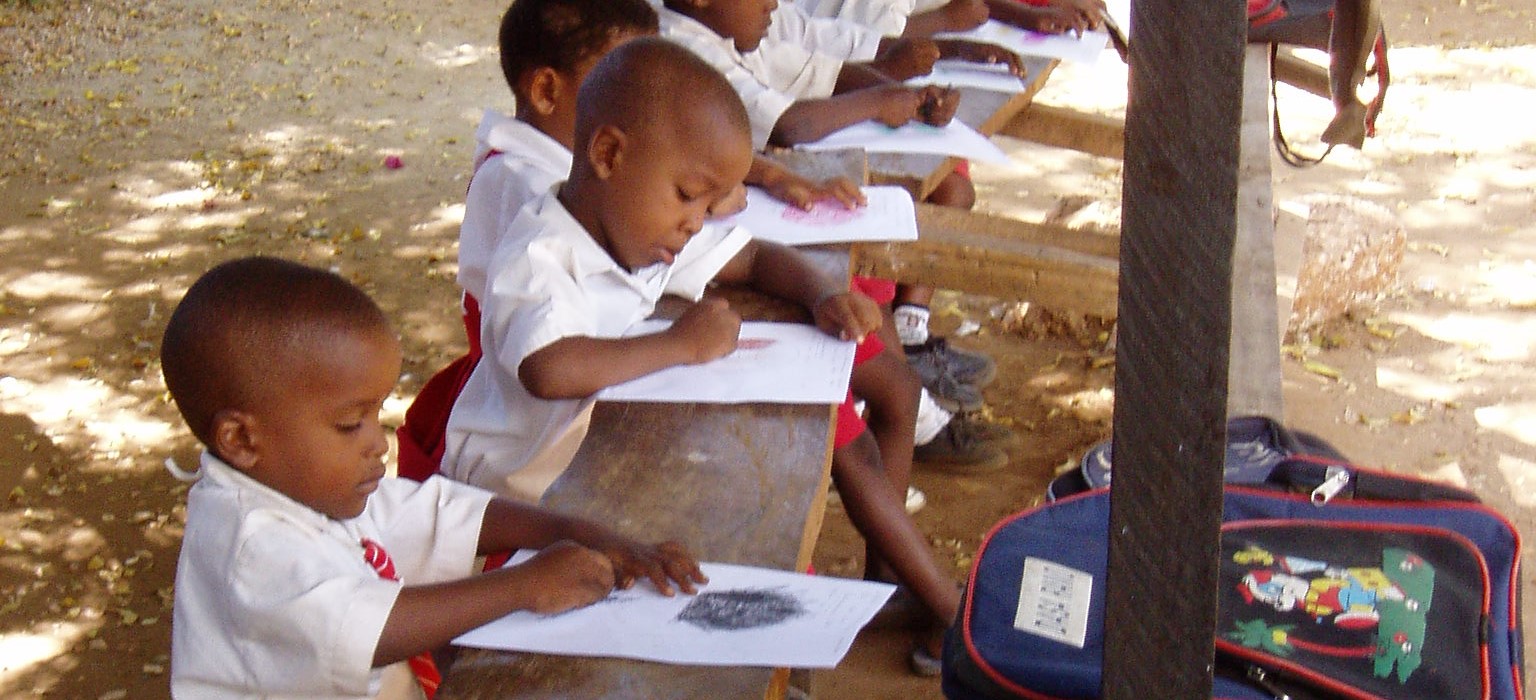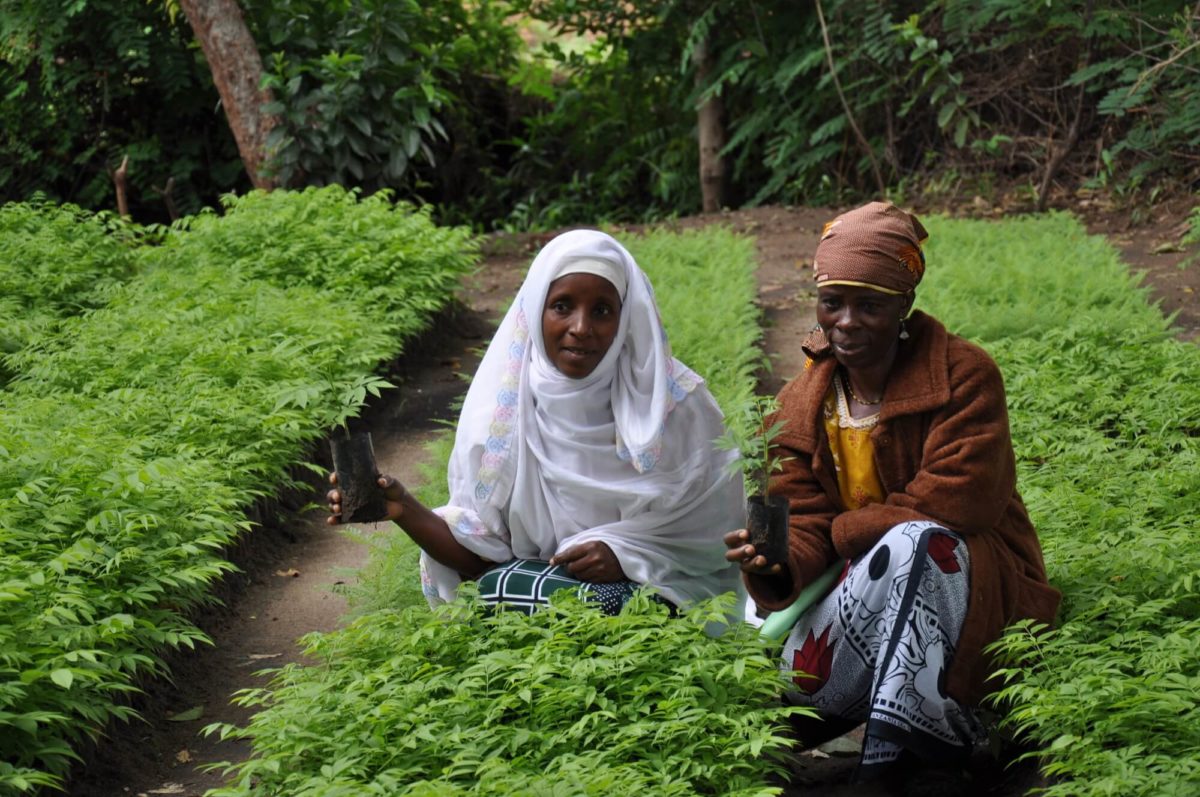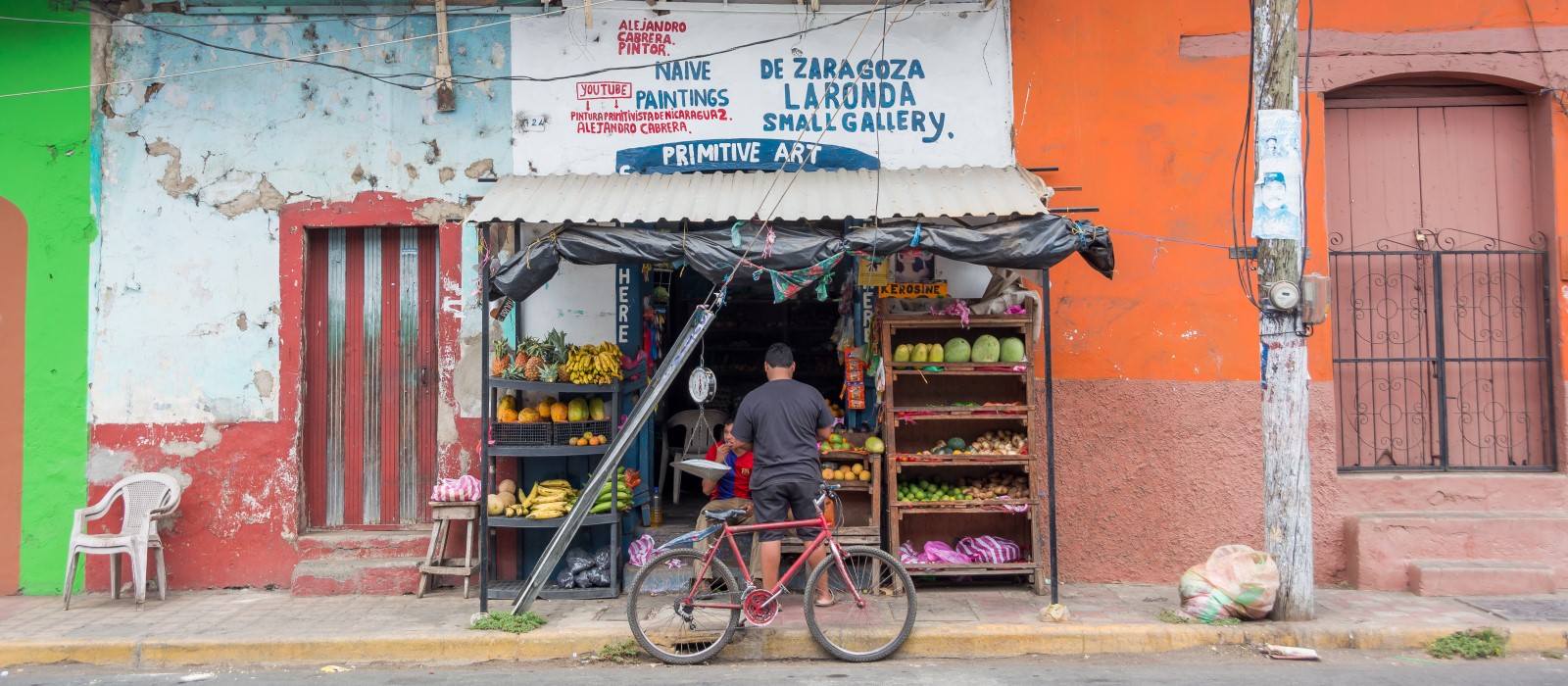
Psychology and Economics of Poverty
Motivation
CEGA’s Psychology and Economics of Poverty Initiative (PEP) was launched in 2018 to accelerate our understanding of how poverty affects cognition, beliefs and decision-making with implications for health, early childhood development, and economic outcomes. Foundational work in behavioral economics and psychology has generated important insights about how resource scarcity increases stress and affects cognition, how volatility in itself may bring added burdens, and how poverty biases decision-making toward prioritizing short-term gains over larger future rewards. Through ongoing exploratory work, we aim to understand how individuals’ mental maps drive certain outcomes and behaviors, pointing to policy insights that can help us target the right people at the right time with the right intervention.
The PEP research community fosters deep and active collaboration between psychologists and economists with priorities to 1) foster the incorporation of poverty-relevant psychological concepts within economics research and ultimately economic policy; 2) adapt existing psychological scales and instruments for low-resource settings; and 3) undertake collaborative field work that advance the poverty-focused research agenda in both economics and psychology. Findings will deepen the evidence base on the psychology of decision-making and inspire actionable policy solutions.
Activities
Annual Convening
Each year, PEP hosts an annual convening of faculty, graduate students and researchers from the disciplines of psychology, economics and beyond to share original research that advances our understanding of the causes and consequences of poverty.
Our 2024 PEP convening took place on April 26 at UC Berkeley – please see event page for agenda and details!
Agendas for our previous annuals convenings are linked below.
- 2018 PEP Convening Agenda
- 2019 PEP Convening Agenda
- 2021 PEP Convening Agenda
- 2022 PEP Convening Agenda
- 2023 PEP Convening Agenda
- 2024 PEP Convening Agenda
Research Funding Competitions
Through competitive requests for proposals (RFPs), the PEP Initiative supports exploratory, foundational research and promising early-stage projects from graduate students, postdoctoral scholars and faculty members at CEGA-affiliated campuses. We prioritize projects that address the following areas of inquiry:
- How poverty impacts cognitive load, decision-making, social cognition, health (including mental health), aspirations, and/or economic outcomes
- The psychological consequences of resource instability or volatility
- Belief formation, the relevance of belief-based utility, affective adaptations to poverty, and the role of the “psychological immune system”
- The influence of cultural context and social norms on outcomes related to the above topics
To date, PEP has hosted four RFP rounds, funding 13 projects in Spring 2020, nine projects in Fall 2020, 12 projects in Summer 2022 and 4 high-impact project in Fall 2023. PEP has also provided rounds of top-up funding for relevant student projects. For descriptions of all PEP-funded projects, please click this link.
Seminar Series and Lab Meetings
We host monthly lab meetings where graduate students and faculty discuss new research in psychology and economics, focusing on conceptual foundations, project design and methodology, and results interpretation (as applicable) with other researchers engaged in this space.
We also host the PEP Seminar Series – an open, online forum for showcasing new research at the intersection of psychology and economics of poverty.
Keeping in touch with PEP
Join our PEP Slack channel to stay connected and contribute to the growing community of practice. This channel is a place to share interesting research, pose questions, and learn about events, workshops, funding and job opportunities.
Interested in receiving information about upcoming seminars, as well as other PEP news? Sign up for our PEP mailing list by clicking the button below and selecting “Psychology & Economics of Poverty (PEP)” at the bottom.
